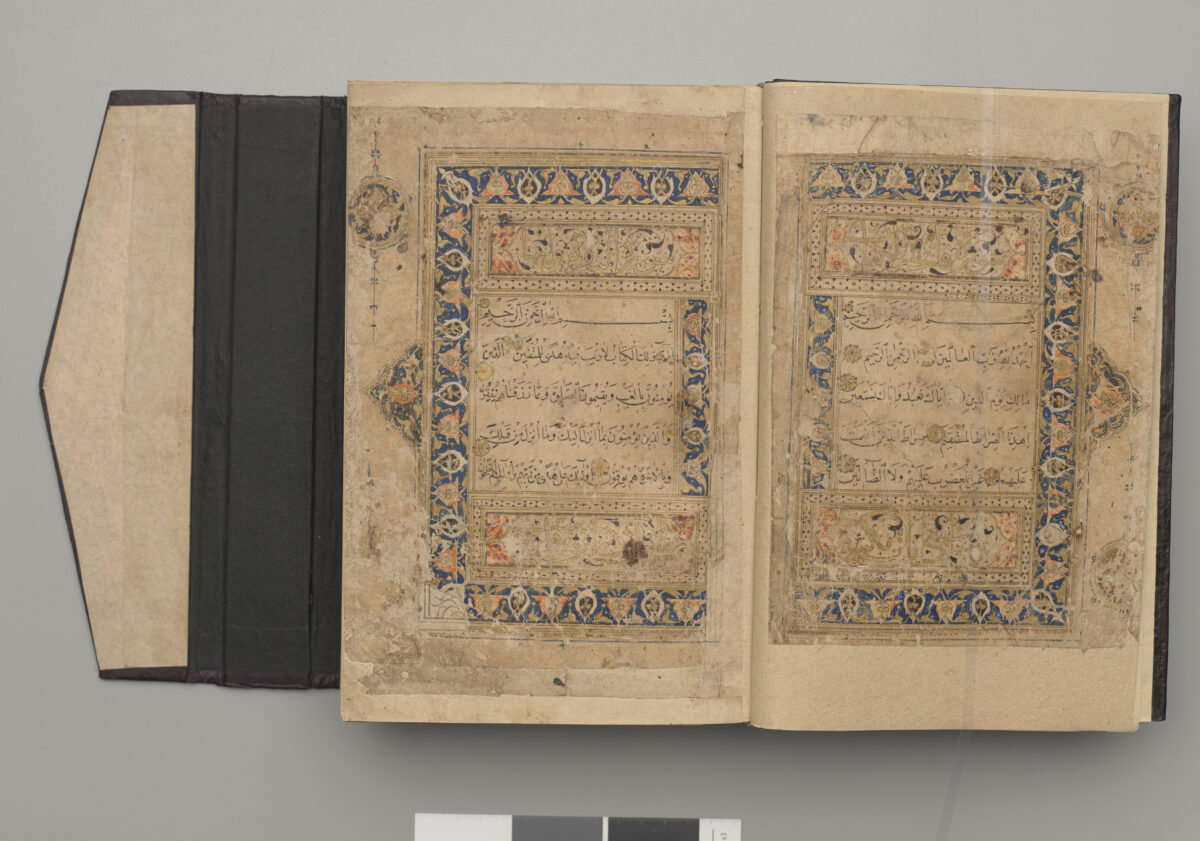Qasim Choudhary, Marshall Islands

“Just found out Ramadan ‘fasting’ is having a massive breakfast before the sun comes up and dinner after the sun goes down… otherwise known as skipping lunch.”
This social media comment, circulating on X, is unfortunately what some critics have been peddling about Ramadan – the holiest month for Muslims.
As much as these remarks may sting, we must acknowledge that some Muslims have inadvertently contributed to this perception. Over the years, it has become an unspoken tradition – flooding social media with lavish Suhoor and Iftar spreads.
The bigger the feast, the better. More food, more views.
But let’s be clear: extravagant meals and aesthetic dinner setups were never the essence of fasting.
Ramadan was never meant to be a month-long “all-you-can-eat buffet.” Those who have turned it into one sadly reflect the words of the Promised Messiahas, as Hazrat Musleh-e-Maudra highlights:
“This also refutes the notion held by certain individuals who, according to the Promised Messiahas, treat Ramadan as an opportunity for weight gain. The Promised Messiahas used to say that for some people, Ramadan is akin to the period of [abundant] fodder for a horse. During these days, they indulge in rich foods, ghee, and sweets, emerging from Ramadan physically heavier, much like a horse after a season of abundant fodder. Such practices diminish the true blessings of Ramadan. […] One should not assume that since they remained hungry all day, they are now entitled to overeat.” (Tafsir-e-Kabir, Vol. 3, pp. 194-195)
These words are more relevant than ever. Let’s look at the statistics.
By 2050, over half of adults and nearly a third of children worldwide are expected to be overweight or obese, affecting more than 3.8 billion adults and 746 million youths. (“Obesity rates soaring globally in ‘monumental social failure’, study says”, www.reuters.com)
In the United States alone, obesity costs state and local governments $2.2 billion in increased spending. It leads to higher absenteeism, disability leave and decreased productivity, which greatly burdens the economy and individuals. (“The Economic Impact of Obesity”, https://stop.publichealth.gwu.edu/)

As Muslims who advocate fasting as a spiritual and physical remedy, we must reclaim the true essence of fasting. The Holy Quran clearly states:
“Fasting is good for you, if you only knew.” (Surah al-Baqarah, Ch.2: V.185)
If fasting is meant to discipline our bodies and souls, then turning it into an unhealthy spectacle of indulgence is a grave injustice.
The companions of Prophet Muhammadsa understood this better than anyone. Regarding their Suhoor and Iftar, it is mentioned in Tafsir-e-Kabir:
“During the time of the Holy Prophetsa, the Companions did not engage in any formalities for Iftar. Some would break their fast with dates, others with salt, some with water, and some with bread. It is important for us as well to revive this practice and bring back the example set by the Holy Prophetsa and his Companions.” (Tafsir-e-Kabir, Vol. 3, p. 195)
In contrast, many today have drifted far from this simplicity, making Iftar an event of extravagance rather than reflection.
Our Beloved Imam, Hazrat Khalifatul Masih Vaa, has also cautioned against elaborate Iftar gatherings, stating:
“These have taken on the form of ostentation and innovation. Instead during Ramadan, there should be a greater focus on worship and reciting and implementing the Holy Quran. Instead, people come home from work and then occupy themselves in these lavish Iftars. As for those who have invited others for such gatherings, instead of focusing on studying the Quran and the Hadith, they remain occupied in arranging and preparing the Iftar so that they may be complimented.” (“The Abundant Blessings of the Month of Ramadan”, Friday Sermon 15 March 2024, www.reviewofreligions.org)
For Ahmadi Muslims, even the slightest hint of displeasure from the Khalifa should be enough to make us reflect and reconsider our actions – or at least, it ought to be.
So, this Ramadan, instead of focusing on winning over social media followers, let’s redirect our energy toward winning the pleasure of Allah.
Instead of elaborate feasts, let’s return to the simplicity of the Holy Prophetsa and the companions.

